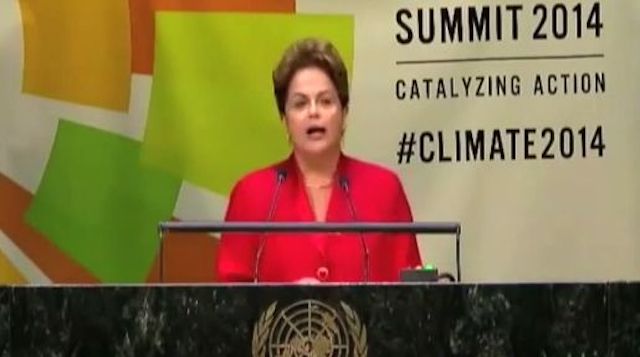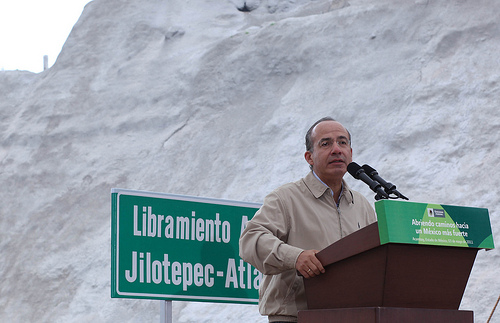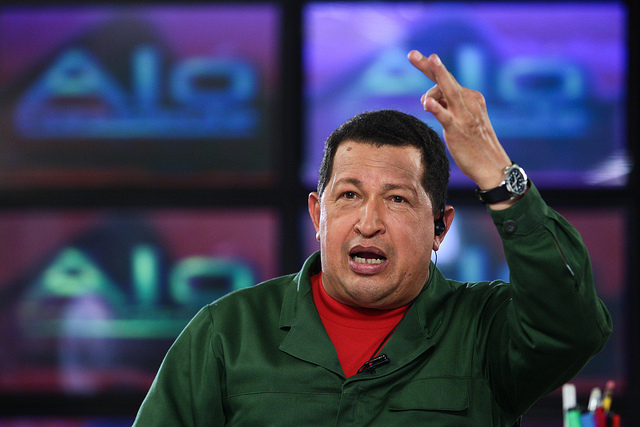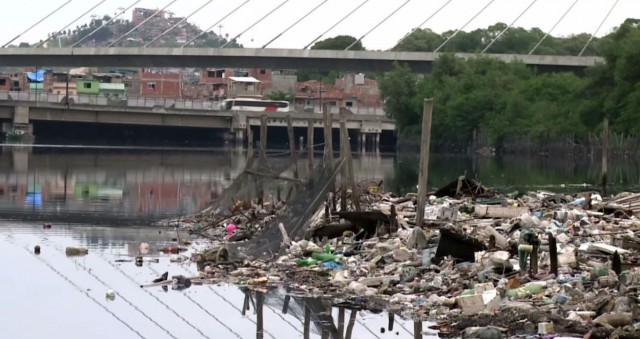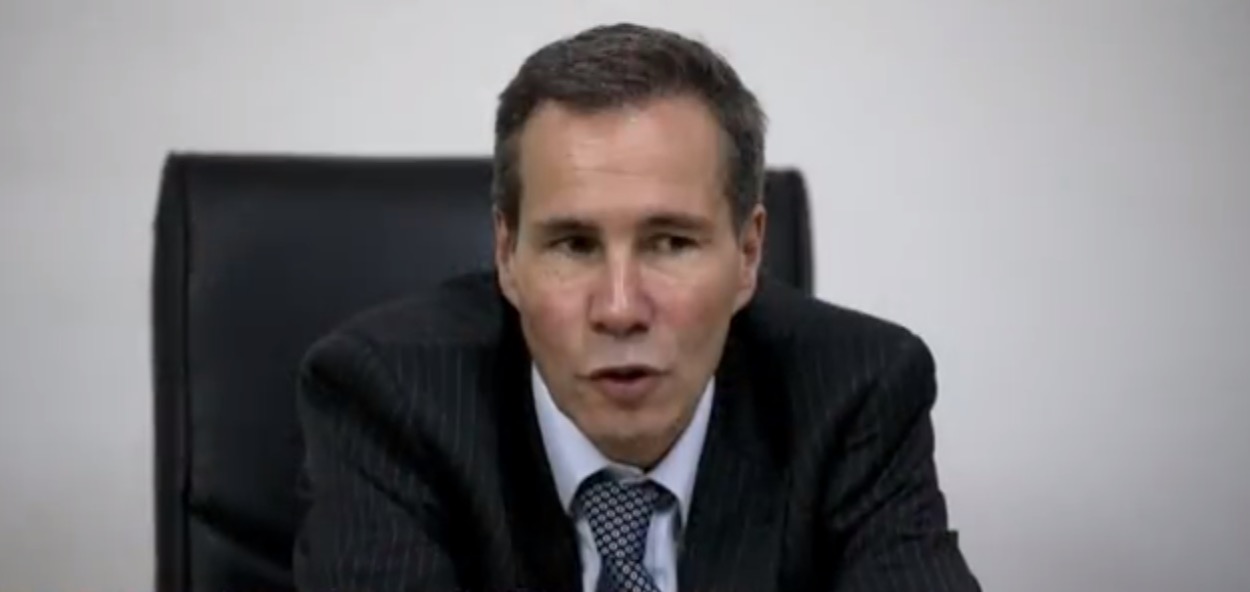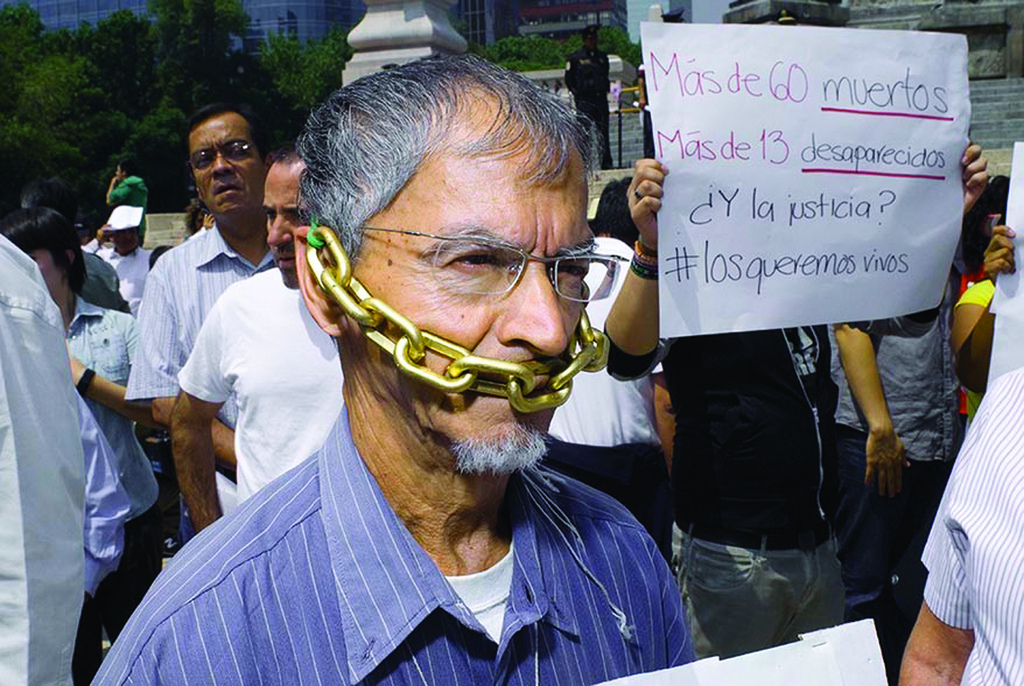
Latin America: Week in Review, Mexico, North America
Attacks on Press Rose Under Mexican President Peña Nieto: Report
March 25, 2015 By Staff
Top Story — Attacks on Mexican journalists have risen since President Enrique Peña Nieto took office in late 2012, according to a report released Tuesday by the press freedom organization Article 19. In 2013 and 2014, an average of 328 so-called “aggressions” targeted journalists, up from an average of 182 a year under Peña Nieto’s predecessor Felipe Calderón. Six journalists were murdered in 2014.
Nearly half of those threats, according to the report, came from government officials.
These numbers were recorded despite the fact that recorded homicides have fallen under Peña Nieto. The discontinuity highlights the complexity of the security situation in Mexico; an October 2014 survey found that overall crime rates had actually worsened amid the drop in homicides.
The press freedom report follows the firing on March 15 of crusading investigative journalist Carmen Aristegui from Mexico’s top radio program. Aristegui’s previous reporting on a conflict-of-interest scandal embarrassed Peña Nieto. After her removal, which was allegedly based on her public criticism of her employer for firing two other reporters, protesters gathered outside the headquarters of the network, MVS Radio, calling for her reinstatement and chanting, “Peña out!”
Despite the claims that Aristegui had been removed for her embarrassing probe into the financial dealings of Peña Nieto’s family, her colleagues were fired for affiliating the privately owned MVS Radio with the whistle-blowing website Mexicoleaks without permission. She was only removed after publicly demanding they be reinstated.
Headlines from the Western Hemisphere
North America
- For the first time in decades, farm workers in Baja California are on strike for higher wages, threatening one of Mexico’s largest harvests and following the country’s agricultural sector’s pledge last month to improve farmers’ working conditions.
- Sixty percent of Hispanics in the United States speak English or are bilingual, according to a new study by the Pew Research Center, with adults born to immigrant families most likely to converse easily in both English and Spanish.
Caribbean
- Shipping and fishing companies and travel agencies are among the 28 Cuban companies, 11 boats and six people the U.S. government removed from a list of entities linked to terrorism as part of a move that reflects President Barack Obama’s new policy towards Cuba.
- The European Union and Cuba have agreed to expedite diplomatic talks that began last April, and will hopefully reach a deal by the end of 2015, according to officials.
- Russia’s foreign minister called for an end to the U.S. embargo on Cuba during his tour of Latin America, where he stopped in Havana and said he will work with Cuba to end U.S. sanctions, in addition to expressing Russia’s interest in investing in the island’s development.
Central America
- Russia might provide Nicaragua with fighter jets as part of an arms deal that could be evidence of Moscow’s desire to rebuild its influence in Central America, according to Business Insider, though details of the deal have not been confirmed Nicaragua has expressed its need for equipment in fighting the drug trade.
Andes
- Obama’s recent designation of Venezuela as a security threat and imposition of sanctions on Venezuelan officials has increased President Nicolás Maduro’s popularity to rise to 25 percent — up from the low 20s — according to a poll released by Datamalisis.
- Doctors in Venezuela say that a lack of funds in public hospitals amid the country’s economic crisis is forcing them to perform mastectomies in women who could benefit from far less invasive treatment, The Associated Press reports.
- Researchers have discovered in Ecuador the world’s first species of shape-shifting frog, which can change the texture of its skin from smooth to spiky to bumpy, depending on its surroundings, according to a peer-reviewed paper published in the Zoological Journal of the Linnean Society.
Southern Cone
- Wildfires in three Chilean national parks have led the government to announce a national alert, as the country deals with a years-long drought that has seen the government commit to investment of underground water retraction and desalination plants.
- Uruguayan Foreign Minister Rodolfo Nin Novoa announced that the country will not take in any more former Guantánamo Bay detainees under a resettlement program initiated under ex-President José Mujica, citing “cultural and infrastructure shortcomings.”
- Brazilian President Dilma Rousseff announced the extension of a minimum-wage calculation program for four more years on Tuesday, while stressing that her administration is committed to fiscal adjustment.
Image: Knight Foundation, CC BY-SA 2.0
